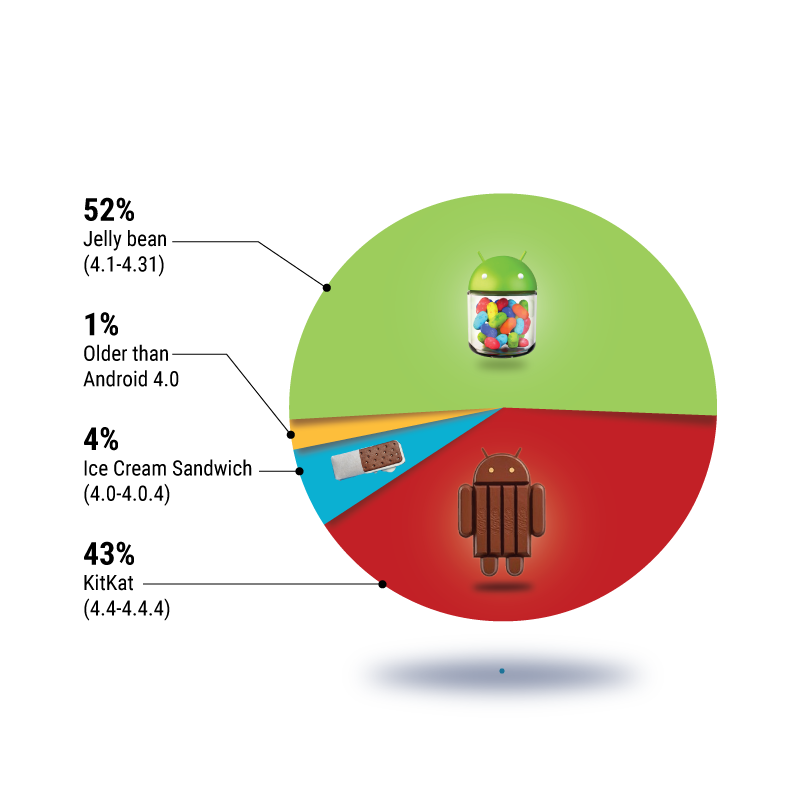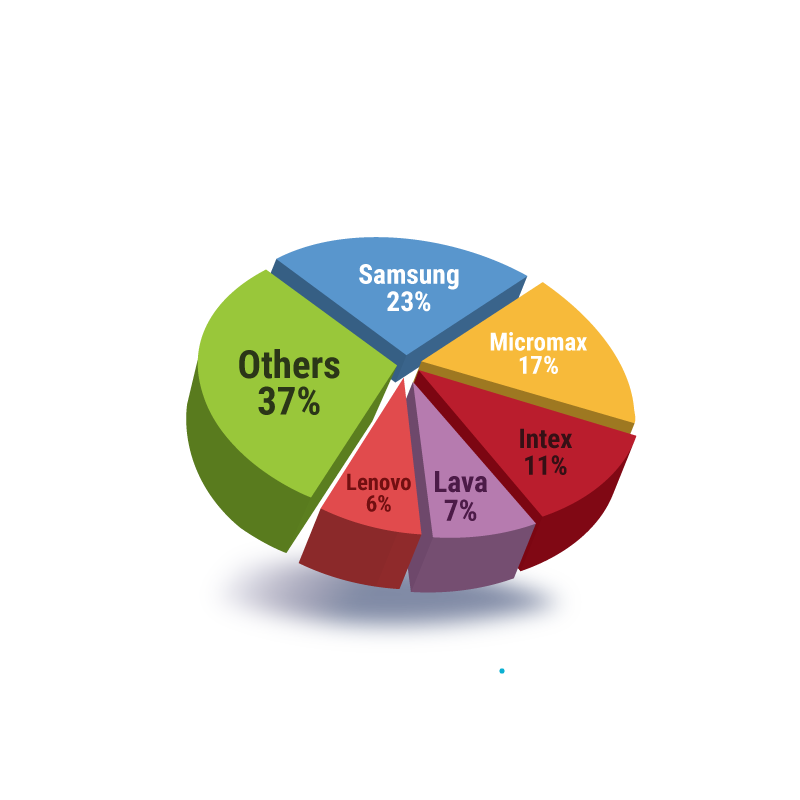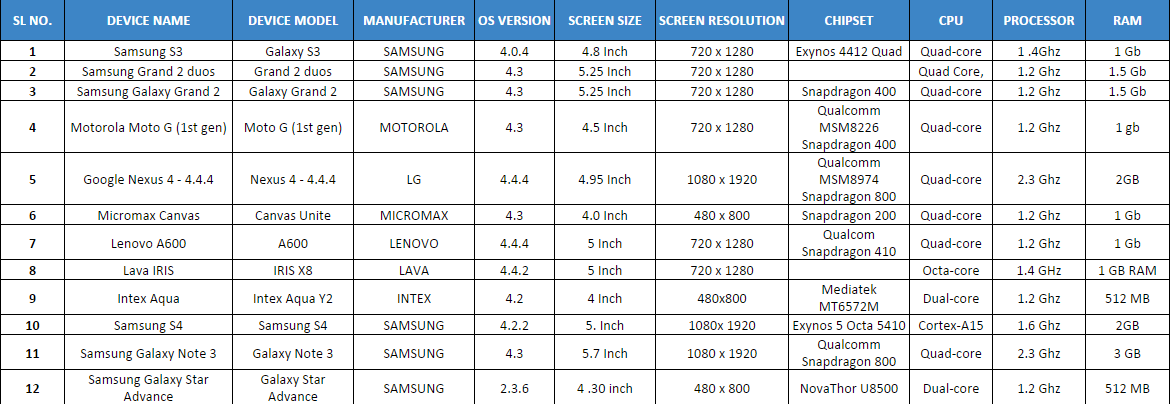Trends of 2016
2015 saw a great revolution in the mobile app testing industry with many new breakthroughs being achieved. The year witnessed an emphasis on modern mobile applications being compatible with various devices. However, modern mobile apps also need to deliver personalized and flawless user experience. This year there will be a huge advancement in the mobile application testing space with latest versions of mobile operating systems and rapid technological transformations. We list the top seven mobile app testing trends for this year.
Rise of cloud based App certification platforms
Mobile Device Clouds have become an integral part of Mobile App Dev cycle for many organizations. These services help developers and testers by providing access to a wide range of smartphones and tablets. This trends will pick up further this year with many new players entering this space. These services are becoming available at a very affordable price for customers.
We see a new trend where these device cloud platforms will transition to full fledged certification platforms. Customers can get their Apps tested on multiple devices on parameters like behavior, performance, security etc. in completely automated way. All this using single click.
Agile and continuous delivery
Mobile Apps are becoming backbone of business for many organizations. In fact, trend of App only businesses are increasing rapidly. In such situations traditional models of development are a complete misfit. Delivery cycles are shorter and you can’t wait long to fix a customer feedback.
Agile Dev cycles, continuous delivery and deployments are becoming key to success of any Mobile App strategy. We see an increase in this trend this year as well.
Role of Test Automation
Continuing on earlier point, Agile Dev cycles, continuous delivery and deployments are the new necessities for success of Mobile Apps.
The only way to succeed with above approach is to automate as much as possible. We see a rise in trend where organizations are effectively defining their tests pyramids. As the pyramids suggests maximum automation should happen at Unit tests level followed by API level tests. Scope of monkey and UI tests are driven by stability of App UI.
Growth of Open Source
We have seen rise of open source tools in last couple of years. Test Automation tools like Selenium and Appium are giving commercials tools a run for their Money. As the maturity and community support for open source tools are increasing, more and more organizations are adopting open source tools. Improved Focus on Security
Improved Focus on Security
The requirement for comprehensive security and penetration testing is set to increase exponentially in 2016. People store sensitive data on their mobile phones like bank details, credit card details and other personal data which can be easily used for carrying out financial thefts. Thus, testers need to focus on renewed security by implementing comprehensive security.
Internet of Things
With convergence of cloud and IOT, we see a rise in consumer IOT Applications.
These applications require testing solution that go beyond traditional methodologies and integrate Software validation with smart hardware triggers and touch of Human Experience.
Recently, lot of interesting developments like Google launching project Brillo – which is based on Android – Gives us hope that industry will move towards standardization and this will provide a big boost to development of IOT validation systems.










